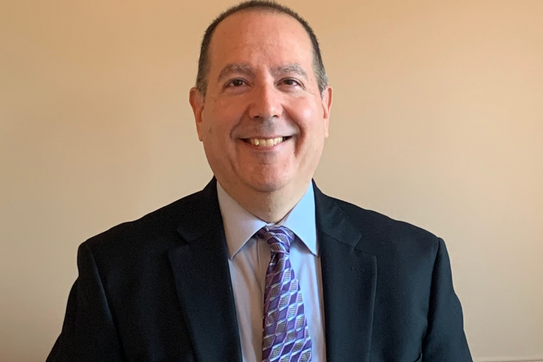In his new book, How to Save the World in Six (Not So Easy) Steps, David M. Schizer, co-director of the Richard Paul Richman Center for Business, Law, and Public Policy and Dean Emeritus and Harvey R. Miller Professor of Law at Columbia Law School, draws from his experience leading Columbia Law and international humanitarian organization JDC to write a management book for nonprofit professionals, board members, and donors.
A must-read for anyone who loves nonprofits but worries about inefficiency, infighting, and inertia, How to Save the World in Six (Not So Easy) Steps is the definitive guide to advancing the mission effectively and mobilizing support.
The US has over 1.5 million nonprofits, which touch our lives in countless ways. The finest are inspiring, but unfortunately, too many let us down. Luckily, there’s a solution. How to Save the World in Six (Not So Easy) Steps by expert scholar and nonprofit leader David M. Schizer is the ultimate management book for nonprofit professionals, board members, and donors.
Since the goal of nonprofits is to advance their mission—not to make money—performance can be difficult to assess. Schizer explains how this fundamental challenge makes it harder to expose unwise and self-interested choices, resolve conflicts, and evolve with the times.
In response, nonprofits need to do two challenging things really well: figure out the best way to advance the mission, and then build support for it. With entertaining anecdotes from his many years leading Columbia Law School and international humanitarian organization JDC, as well as interviews with an all-star cast of nonprofit leaders, Schizer explains how to accomplish these twin goals with the “six Ps”:
- Plan: Run a rigorous planning process
- Persevere: Line up internal support
- Prioritize: Set priorities by asking three key questions
- Pivot: Test innovations
- Publicize: Share ideas and hold yourself accountable
- Partner: Raise more money by involving donors in the work
By chronicling the good, the bad, and the ugly at nonprofits and explaining how to get more out of them, this book shows how we can “save the world” together with the “six Ps.”
